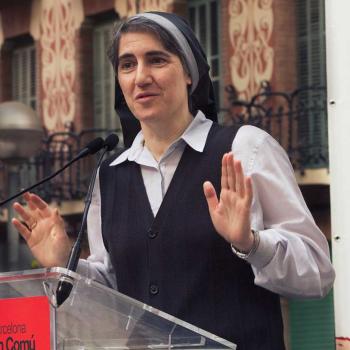The experience of redemption gives rise to communities of faith who seek to give expression through rituals, scriptures, symbols, and traditions to a deliverance whose source lay beyond mere human effort. This grounding in religious experience honors the scripture and tradition of a religious community as theological source and thus connects progressive concerns in the present to a historical tradition. At the same time, it relativizes this tradition by placing it as the historic attempt to imaginatively articulate the mystery of the God who is manifest in concrete acts of redemption. This relativizing doesn't make scripture and tradition less important but, instead, orients us to see them as a progressive history of wrestling with the task of articulating the profound mystery of redemptive transformation Christians call God.
This doesn't settle all questions, nor should it. The ongoing challenge to articulate a Progressive Christianity is both problem and promise. The mystery of redemption brings forth an iconography that seeks to symbolize and articulate the lived experience of a liberated community of faith as well as brings forth an iconoclasm that relativizes these articulations from becoming idols. The notion of "social justice" understood in a Progressive Christian theology can serve both of these functions.
Beginning with the lived experience of communities of faith formed by the experience of redemption (of which the Exodus, the giving of the law, the experience of the community formed around Jesus are all articulations), Progressive Christianity gives honor to the past while insisting that Christian theology is properly "progressive" in that it is rooted in the experience of a God who redeems in the present and future tense as well as the past tense. It is this redemption, remembered and celebrated in texts and traditions as experienceable now, that shapes our engagement with the issues presenting themselves to us today. This makes a community that is founded neither on ideological purity of political stances nor on theological purity of doctrines dehistoricized from their moorings in redemptive communities. Mystery and specificity must live together in a messy project that points to the redemptive activity of God in concrete situations.




